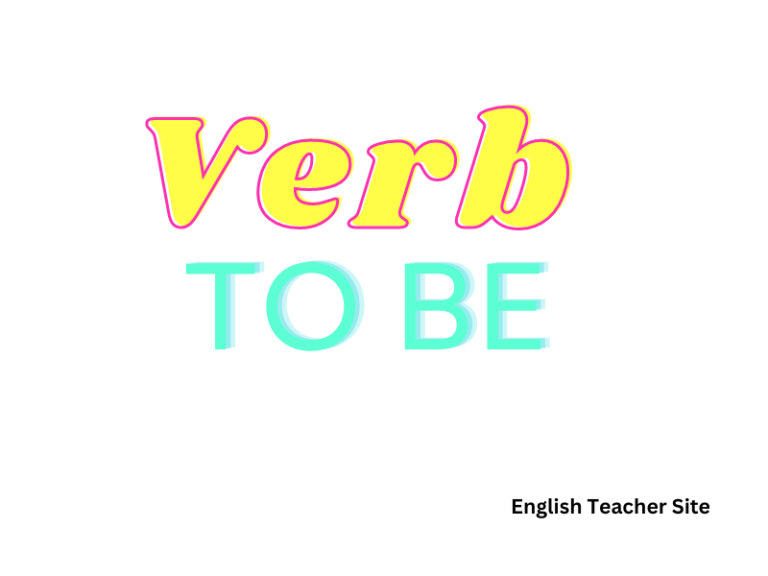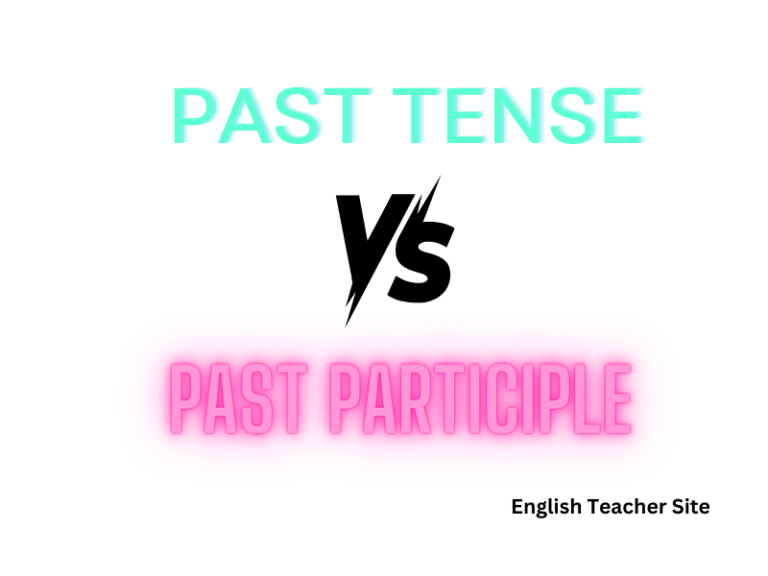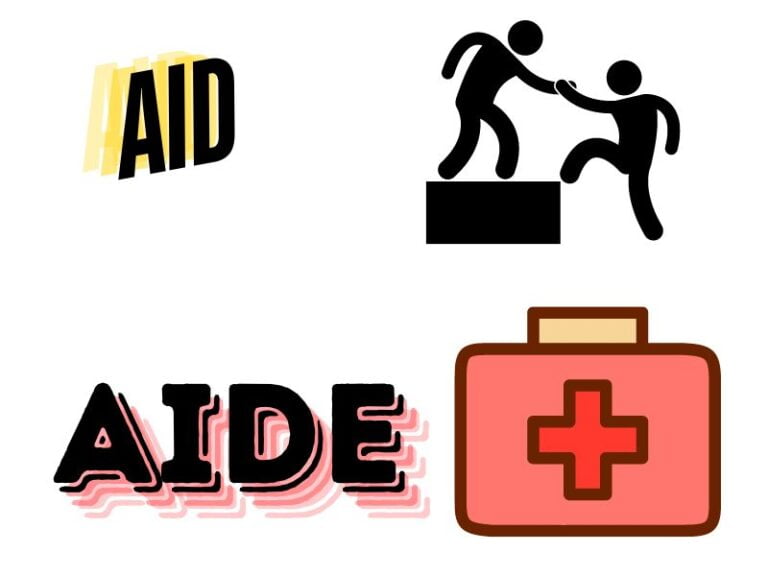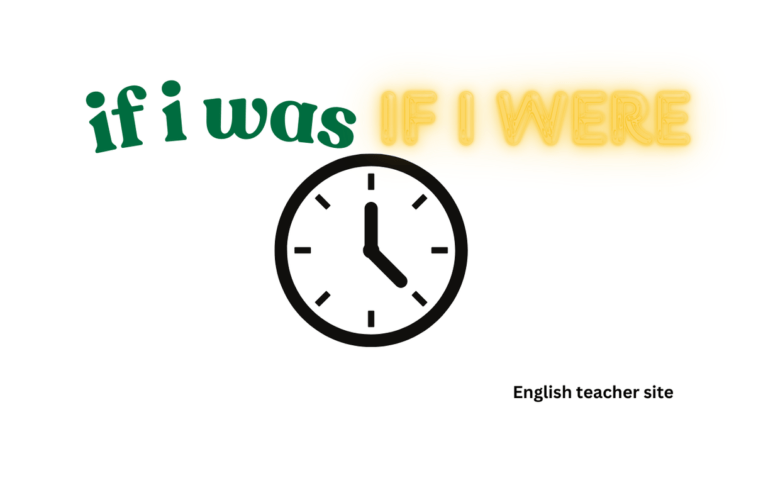Whats the Past Tense of Hit: Understanding Simple Past Tense Usage
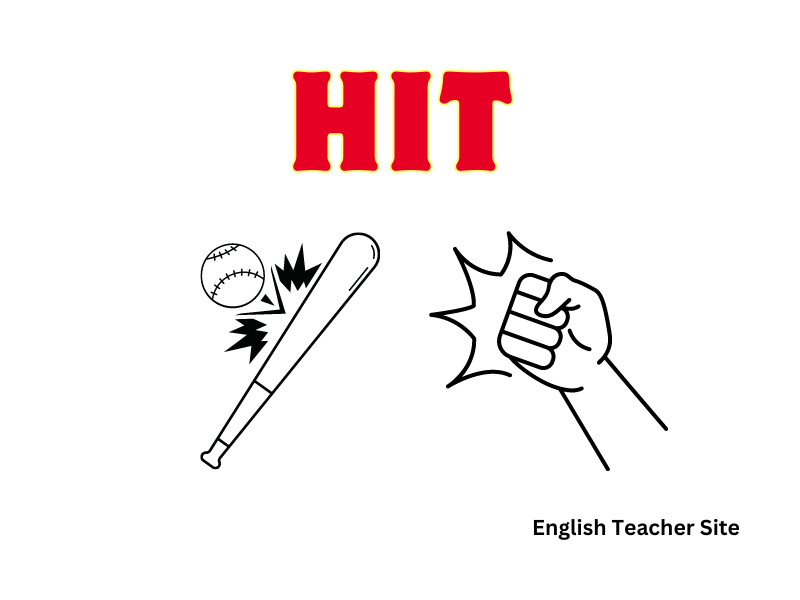
- The past tense of “hit” is identical to the present tense, an anomaly in English verbs.
- Context defines the tense of “hit” since it does not change form between past and present.
- “Hit” showcases the complexities of irregular verb conjugation in the English language.
The English language is filled with intriguing quirks, particularly when it comes to irregular verbs. One such verb that often confounds both language learners and native speakers alike is “hit.” Unlike regular verbs, which typically add “-ed” or “-d” to form their past tense, irregular verbs do not follow this pattern. The word “hit” belongs to this category of irregular verbs, where the past tense is the same as the present tense.
What’s the Past Tense of Hit?
In particular, the verb “hit” has consistent forms across its present, past, and past participle, which can be a source of confusion for learners.
The Short Answer
Hit is an example of an English verb where the base form, the past tense, and the past participle forms are all identical. Thus, the past tense of “hit” is also hit.
Forms of Hit
The verb “hit” takes on different forms when used in various tenses:
- Base Form: hit
- Past Tense: hit
- Past Participle: hit
- Present Participle: hitting
| Tense | Form |
|---|---|
| Present | hit |
| Past | hit |
| Future | will hit |
| Present Continuous | am/is/are hitting |
| Past Continuous | was/were hitting |
Determining if Hit is Regular or Irregular
Verbs in English are classified as regular or irregular based on their past tense and past participle formations. Regular verbs form their past tenses by adding -ed to the base form, whereas irregular verbs do not follow this pattern.
- Regular Example: help becomes helped
- Irregular Example: hit remains hit
Hit does not adopt the regular -ed ending and, thus, is considered an irregular verb.
Past Tense of Hit vs. Past Participle
Although “hit” remains the same in both the simple past and past participle forms, it’s important to contextualize its usage:
- Simple Past: She hit the ball yesterday.
- Past Participle: They have hit the ball well.
The simple past expresses actions completed in the past without any connection to the present. The past participle requires an auxiliary verb, such as “have” or “has,” to form perfect tenses that link past actions to the present or completed actions of the past.
Examples of Hit in the Present Tense
The verb “hit” is an irregular verb; however, it maintains the same form across the present, past, and past participle. For clarity, this section will present examples of how “hit” is used in the present tense:
Singular Forms:
- I hit
- You hit
- He/She/It hits
Plural Forms:
- We hit
- You hit
- They hit
In these examples, “hit” refers to striking something or someone, typically with a deliberate forceful action. It is essential to remember that for third-person singular (he, she, it), an “s” is added to the base form.
Examples in Sentences:
- I hit the ball against the wall every morning for practice.
- You hit the nail on the head with that explanation.
- She hits the gym at 6 AM every day.
- The clock hits midnight and the town goes silent.
- We hit several shops looking for the perfect gift.
Tables can be a helpful way to compare sentence structures:
Positive Sentences:
| Subject | Verb |
|---|---|
| I | hit |
| You | hit |
| He | hits |
| She | hits |
| It | hits |
| We | hit |
| They | hit |
Negative Sentences:
| Subject | Auxiliary Verb | Not | Main Verb |
|---|---|---|---|
| I | do | not | hit |
| You | do | not | hit |
| He | does | not | hit |
| She | does | not | hit |
| It | does | not | hit |
| We | do | not | hit |
| They | do | not | hit |
- She often hits the pause button when she needs a break from work.
- They always hit the road at dawn to avoid traffic.
- It rarely hits the target on the first try.
Examples of Hit in the Past Tense
The verb “hit” is an irregular verb in English; this means that it does not follow the regular convention of adding “-ed” to form its past tense. The past tense of “hit” is the same as the base form, “hit.”
Here are some examples:
- Yesterday, she hit the ball out of the park during the game.
- When I was a child, I often hit the piñata at parties.
Sentence Structure with “Hit” in the Past Tense
Below is a table demonstrating the use of “hit” in the past tense, within simple sentence structures:
| Subject | Sentence Example |
|---|---|
| I | I hit the nail with the hammer. |
| You (singular/plural) | You hit the right note on the keyboard. |
| He/She/It | He hit a home run last season. |
| We | We hit a rough patch during the project. |
| They | They hit their fundraising target early. |
Complex Structures Using “Hit”
“Hit” can also be used in more complex tenses. Here’s how it’s applied in the compound past tenses:
| Tense | Example |
|---|---|
| Past Perfect | She had hit her stride by then. |
| Past Continuous | They were hitting the drums all night. |
Using “Hit” with Modifiers and Objects:
- He boldly hit the gong during the ceremony.
- She hit the old, rusted bell.
- In frustration, the player hit the water bottle onto the ground.
Remember, “hit” as an irregular verb does not change form across present, past, and past participle.
Examples of the Verb Hit as an Adjective
When the verb hit is utilized in grammar, we typically refer to its action form, such as in sentences like “She hit the ball.” However, hit can also function as an adjective in English. This occurs when it describes the noun by expressing the quality or state resulting from the action of hitting. Here are selected examples illustrating its use as an adjective:
Table 1: Physical Objects
| Noun | Sentence Using “Hit” as an Adjective |
|---|---|
| Record | The song became a hit record and topped the charts for several weeks. |
| Single | He released his first hit single at the age of twenty. |
| Movie | That hit movie attracted millions of viewers on its opening weekend. |
Table 2: Box Office and Media
| Context | Sentence Using “Hit” as an Adjective |
|---|---|
| Television Show | The series is a hit television show with a dedicated fanbase. |
| Novel | Her latest novel was a hit among young adults and critics alike. |
| Video Game | The new release from the studio is already a hit video game with impressive sales. |
- In the music industry, an album or song that achieves tremendous success is often referred to as a hit album or hit song.
- A hit list often indicates a compilation of popular or successful items, such as songs on a radio station.
- The term hit squad may denote a group known for their success in achieving a specific task, though it can also have a more nefarious meaning in other contexts.
Origin of the Verb to Hit
Tracing the etymology of English verbs can provide insightful context into the history and development of the language. Specifically examining the verb “to hit” uncovers roots that stretch back to the Old English period and beyond, showcasing the linguistic influences at play over time.
Old English Influences:
The early origins of “hit” can be traced to late Old English, with the words hyttan or hittan. These terms meant “to come upon” or “to meet with,” which extended to encompass the concept of striking or encountering by chance.
Scandinavian Contributions:
The influence of Old Norse, particularly through the word hitta, meaning “to light upon” or “to find,” illustrates the shared linguistic heritage within Germanic languages. This also included the implication of striking or hitting, indicating an action that connects with a target.
The following table summarizes the early traces of the verb “to hit”:
| Old English | Old Norse |
|---|---|
| hyttan / hittan | hitta |
Proto-Germanic Roots:
The verb hit likely evolved from the Proto-Germanic hitjan, although the exact etymology remains uncertain. This root language was the precursor to several Germanic languages, including Old English and Old Norse.
Proto-Germanic influences demonstrate the widespread connections among languages in the region:
| Proto-Germanic | Modern English |
|---|---|
| hitjan | to hit |
The evolution of “to hit” reflects the complex web of language development, with many Germanic languages sharing similar words and meanings—a testament to the interconnected nature of linguistic history.
Source
Etymology online, origin of hit
My name is Khamis Maiouf. I am the creator of the English Teacher Site, dedicated to providing valuable resources and insights for students around the world. With a passion for education and a commitment to helping students enhance their skills, I aim to make English teaching more effective and enjoyable for both educators and students.

